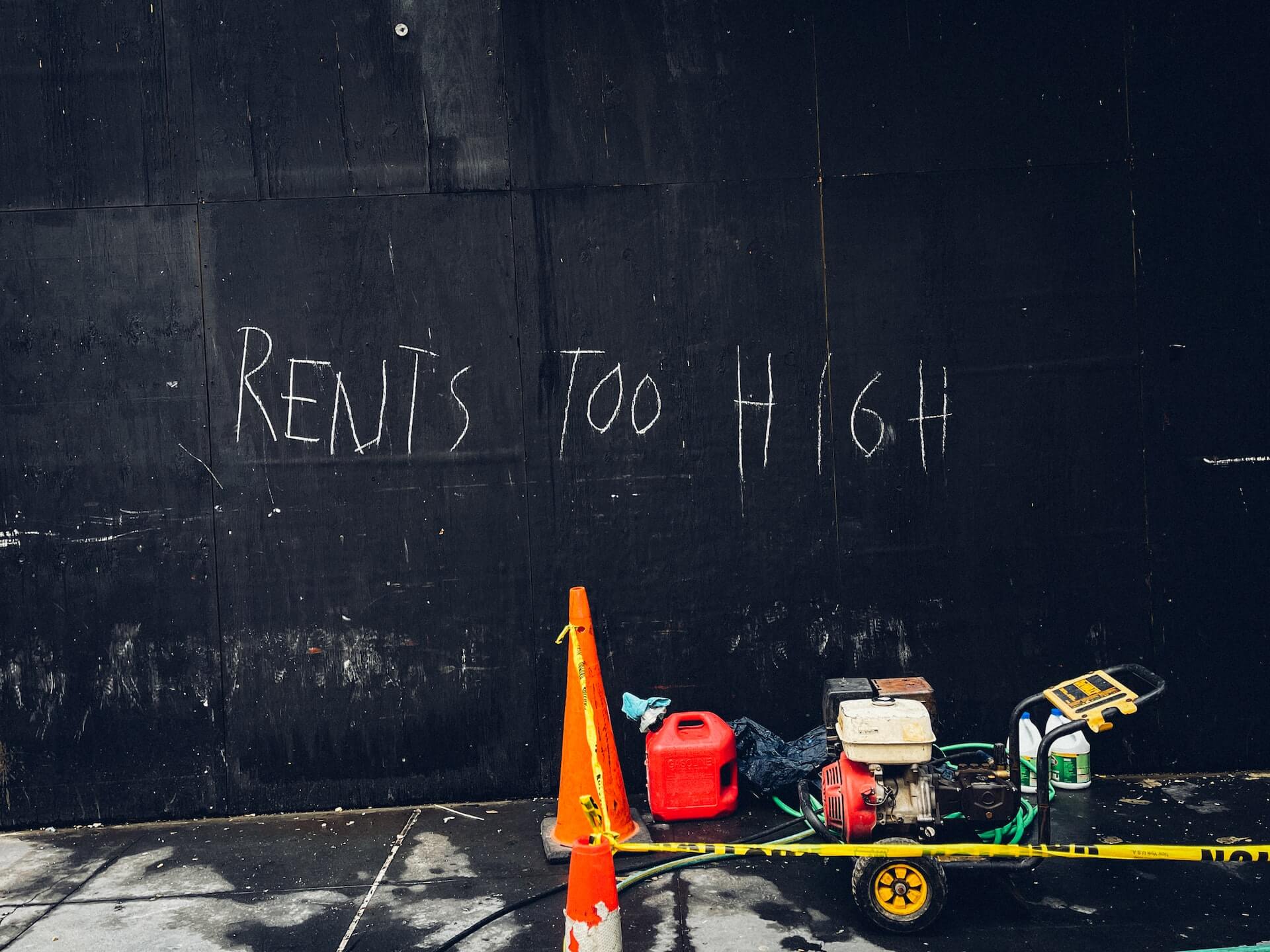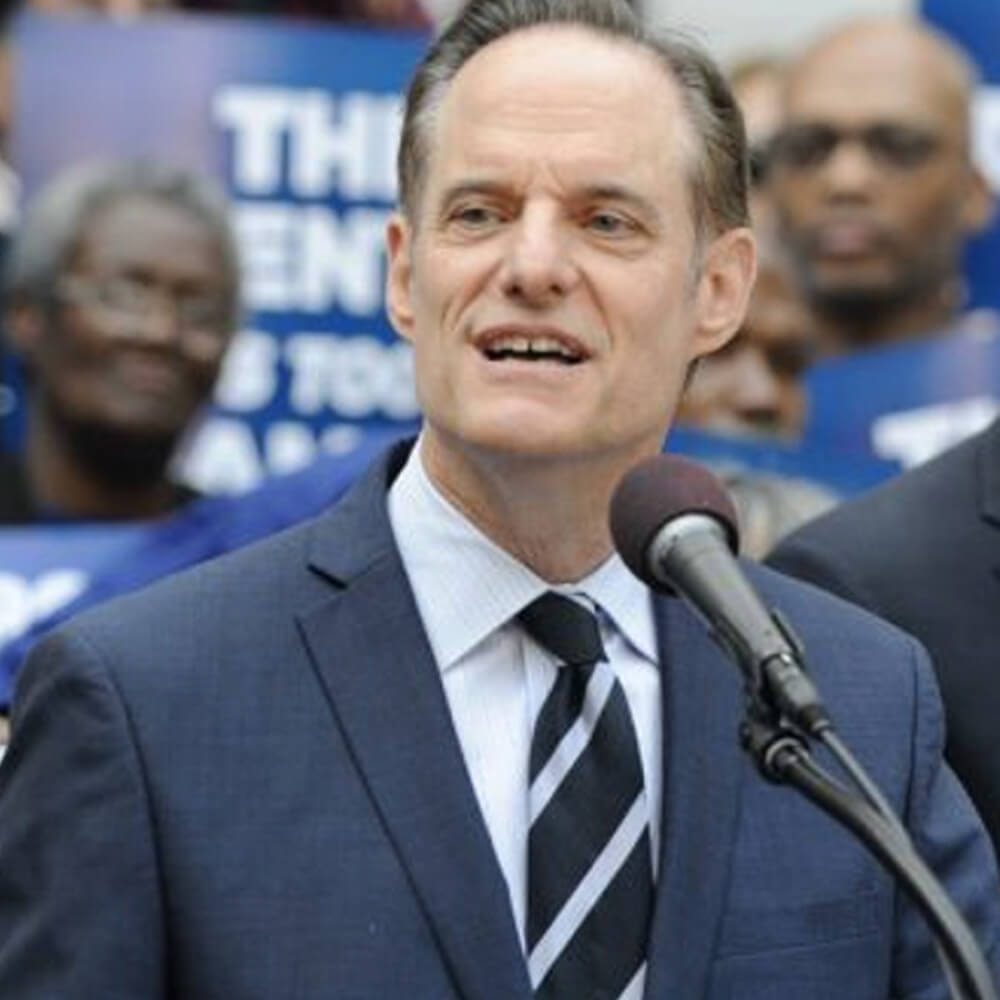
Assault on Costa-Hawkins continues on several fronts.
![]()
What a moderate California Legislature giveth in 1995 lawmakers or the people can taketh away at the ballot box.
Although efforts to repeal or weaken the law has been a losing effort, we live in changing times.
In an earlier article, we said that property owners may falsely believe that their rental units are protected by Costa-Hawkins, the law that limits the extent to which cities and counties in California can implement rent control.
Take for instance, a single-family home owner with a rooming house and multiple units being rented out to unrelated parties under separate rental agreements. The court has held that a dwelling unit is not the property to which an owner holds title but an area understood to be committed to the habitation of a tenant to the exclusion of others and thus, units were subject to rent control. If a single-family home is exempt from rent control, in other words, just change the definition of a single-family home.
In another example, a pair of landlords rehabilitated dilapidated buildings and rented out units with the assumption that these spaces were exempt from rent control. Not according to the local rent board and courts that said the units were carved from space that had been rented for residential use before the current certificates of occupancy were issued - these units were a mere conversion of use use to another and did not add to housing stock, the intent of lawmakers when enacting Costa-Hawkins.

Is third time the charm?
Under the leadership of Michael Weinstein, the powerful nonprofit AIDS Healthcare Foundations began pounding the pavement in March to gather signatures for the "Justice For Renters Act" with the goal of putting the measure in front of voters on the 2024 ballot. Given the clout of the organization and the discontent with rising costs across the board, there is no reason to believe that this effort will not be left up to Californians to decide on their own, making it imperative that our community provides a counternarrative to it.
One thing we can say about tenants' activists is that they are a resilient bunch and cannot take no for an answer. After several attempts to repeal or water down Costa-Hawkins, Weinstein is at it again by calling for rent control to be imposed on single-family homes and newer rental units, as well as scrapping California's longstanding ban on vacancy control.
![]()
Although efforts to repeal Costa-Hawkins have failed despite tens of millions of dollars spent on this cause, we live in a different era when ordinary renters - not card-carrying activists - are increasing siding with hardcore agenda for tenants' rights.
Take, for instance, Antioch, one of the big and telling stories in 2022. Normally, we would associate activism with dense urban living, but the calls for increased rent controls have seeped into the suburbs.
This is simply because of economic necessity. With inflationary pressure and an ever-increasing portion of people's paychecks being gobbled up by rent, we can expect more and more sympathizers to the cause of more rent control, even if they do not fit the profile of an "activist."
State Senator Aisha Wahab, meanwhile, is proposing SB 466, a bill that would allow local governments to impose strict rent controls on single-family homes and condos when these properties reach the ripe age of 15 years.
The fate of the legislation now rests in the Senate Judiciary Committee, who will hear the matter on March 28.
As always, Bornstein Law will keep you in the know.

